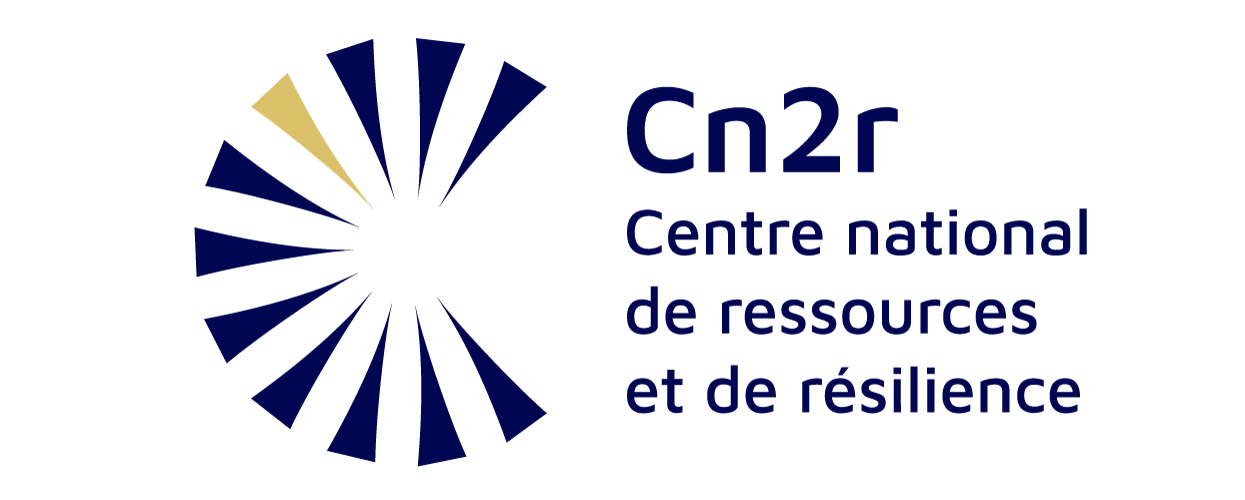As the phenomenon of chemical submission takes center stage in the media, particularly since the opening of the Mazan rape trial, a new platform has just been launched, in which Cn2r is a partner, to help victims better understand the effects of chemical submission, including post-traumatic stress disorder (PTSD), and find help. This "perfect crime" often leads to violence and memory alterations conducive to the development of psychotrauma.
" Chemical submission is a modus operandi," begins Leïla Chaouachi, a pharmacist at the Addictovigilance Center in Paris. The term refers to the administration, without the victim's knowledge, of psychoactive substances to make them vulnerable to crimes, often sexual assaults. The drugs used - GHB, benzodiazepines or even alcohol in large quantities - cause partial or total amnesia, making it difficult to denounce the aggressor. "Amnesia affects around one in two victims," explains Leïla Chaouachi. " In cases of amnesia, there are nonetheless evocative signs to watch out for: memory problems, drowsiness and so on. We have people who wake up in the street with no memory of how they got there, who notice a mess of clothes, who wake up in a room with used condoms around them..."
The recorded victims of chemical subjection have varied profiles and are of all ages, genders and sexual orientations. "In 2022, victims ranged in age from 9 months to 90 years. That year, 1,922 suspected cases were registered in our database. That's an increase of 69% on the previous year, which shows a rise in interest and vigilance on the subject," adds Leïla Chaouachi.
A direct link to PTSD
Victims of chemical submission sometimes wake up with no memory of the assault. This loss of memory, combined with the violence of the act, creates the ideal conditions for the onset of PTSD. MP Sandrine Josso, herself a victim of chemical submission, explains that she has suffered from post-traumatic stress disorder since the event, and has made the fight against this form of violence her political battle. " I thought it would pass over time, it takes weeks, and today I've understood that it takes at least two years to regain full capacity," she confides in an interview on LCP. "I still have symptoms of hypervigilance.
In fact, the characteristic symptoms of PTSD sometimes appear in these victims: hypervigilance, avoidance... In addition to these symptoms, they often experience guilt and shame, emotions that delay seeking help. " In victims, we see a lot of anxious ruminations linked to the blackout, a feeling of guilt for not remembering, a feeling of illegitimacy in talking about the aggression and even in lodging a complaint," explains Leïla Chaouachi. "There are also co-morbidities such as substance use disorders, suicidal thoughts... And risks linked to falls, with physical injuries. All this shows that this is a major public health issue."
A dedicated support platform
In order to better support these victims, a new platform has just gone online. It offers a secure space for victims of chemical submission, enabling them to find out about their rights, the medical steps to follow, and the psychological care options available. "In the vast majority of cases, victims have doubts, even in cases of amnesia. Our role is to answer their questions, to confirm that these are indeed evocative signs, which can be confirmed by toxicological analysis, and to steer them towards filing a complaint and taking legal action", explains Leïla Chaouachi, who adds that the platform is run by women pharmacologists trained in gender-based and sexual violence, "essential for welcoming the voices of victims who come to us for help and guidance".
"Today, the training of healthcare professionals is inadequate, and the question arises as to the diagnostic tools available to them to identify cases of chemical subjection. When the victim's state of health deteriorates without understanding the cause, it's up to the doctor, the professional, to take these recurring symptoms into account and, after ruling out other possibilities, to consider a situation of chemical submission. The hypothesis has to be possible", pleads Leïla Chaouachi.



